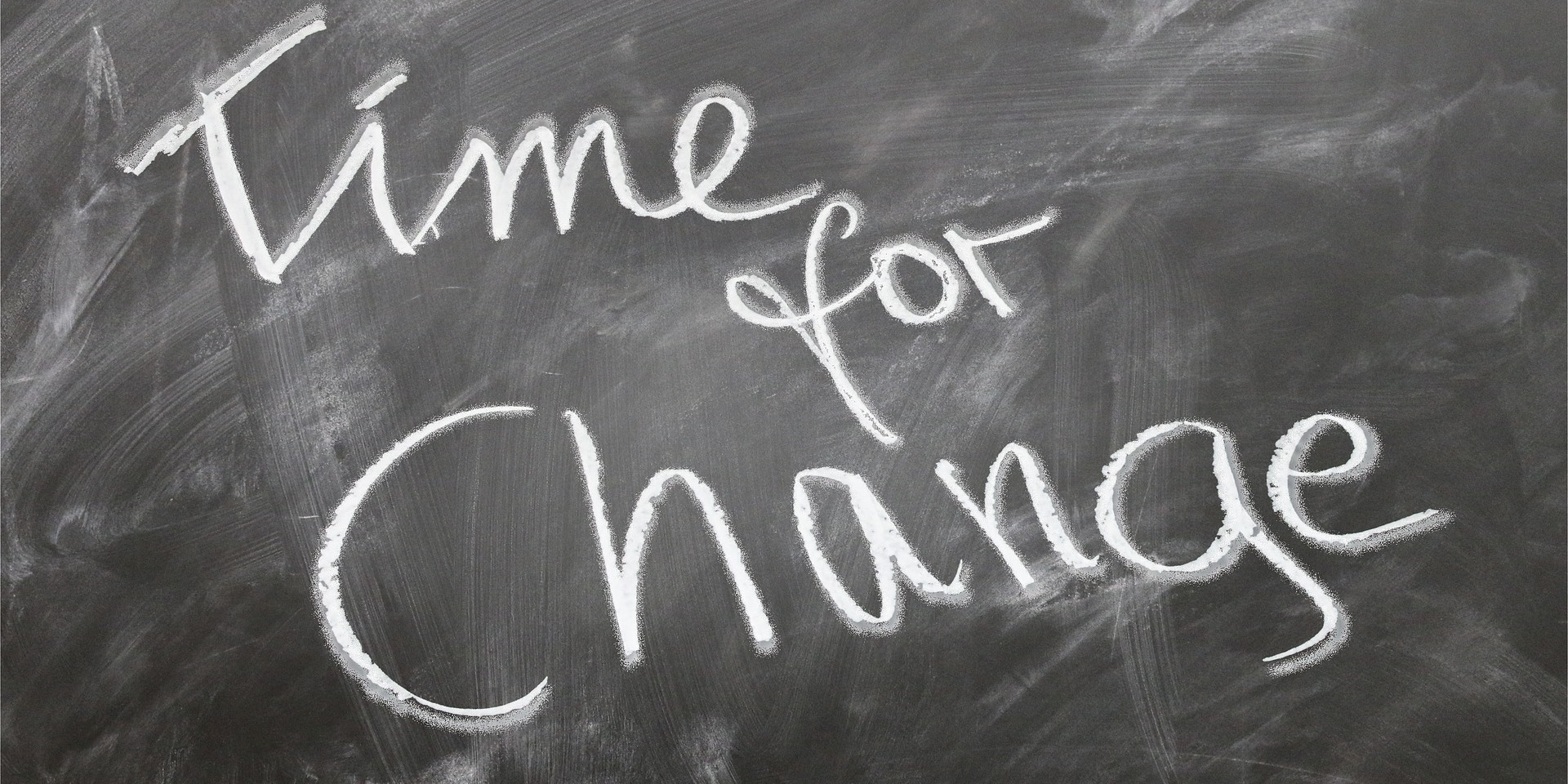Part One – How to break a habit, how long it can take
Posted on 20th December 2019 at 06:34
How to break a habit
This is a big subject. We’ve put together a series of blog posts on how we can succeed in breaking a habit. In part one we look at how long it can take.
Some introductory questions:
Are you fed up of feeling that your health and fitness aren’t as good as they could be? Are longstanding habits standing in the way of you feeling better, embracing vitality and finding the best version of you there is? Do you feel sluggish and lethargic, stuck in a cycle of unhealthy eating?
If your answer to any of the above is yes then we have some very good news for you.
Firstly of course, you are not alone. We are all creatures of habit.
But secondly, and most importantly, we can all break a cycle to stop bad habits — however long we feel they have been ingrained in our lives, even when it comes to eating. Breaking bad habits is far from impossible.
Perhaps you have a habit to always munch on crisps in the evening, or grab a beer from the fridge. Maybe your habit is taking your family on weekly trips to a fast food restaurant, or celebrating with a sugar-filled takeaway. Do you smoke when you have a drink or knock back red wine at the weekend?
Maybe you mindlessly eat chocolate when you are feeling a little down or stressed. Do you have a habit of relying on microwave processed ready meals after a long day at work or eating the most obvious carbs at every meal? Eating problems and unhealthy eating are rife in today’s high-pressured society. Do you pile your trolley high with expensive chemical-filled food at the supermarket?
These are all very common habits in so many of us. Unfortunately for some this leads to binge eating or seeking comfort for depression, anxiety and stress through food, developing into an overeating disorder..
But if you make a decision today to quit these habits, it really can be done.
How long does it take to change a habit?
There is no exact timeframe. Research suggests from three weeks to more than four months.
In reality once you decide to change a behaviour there is no need to think about when you can go back to your old ways. The critical thing is to embrace the new behaviours that will provide your dream outcome. Enjoy the process of change and how your new behaviours are linked to that dream outcome. Honest reflection and mindfulness about how actions are connected with feelings need to be built up through a process and over a number of weeks. It will not happen instantly and not be perfect. The live to creating better habits is not a straight one, it goes up and down but the point is to maintain your course, not get too high or too low and stay set on the end outcome that matters so much.
You have to see positive results within the shortest period of time possible. This can either be done by going after easier, smaller changes or utilising the optimism and enthusiasm at the start to address one or 2 of the bigger more challenging changes. Will power is useful but must be used sparingly and at the optimal time – it will not create success on its own.
Three weeks is too short to create lasting change. We live in a world of short term gains, immediate gratification and instant rewards. That is a big part of why so many people are creating so many bad habits for themselves. Real success needs to be built over a period of time with deliberate actions and known outcomes that can be measured. Yes get some quick wins in place to boost engagement and that feeling of success but the big, long term wins need to take time.’
In our next blog post, we ask: Is it easy to break a habit?
Share this post:






